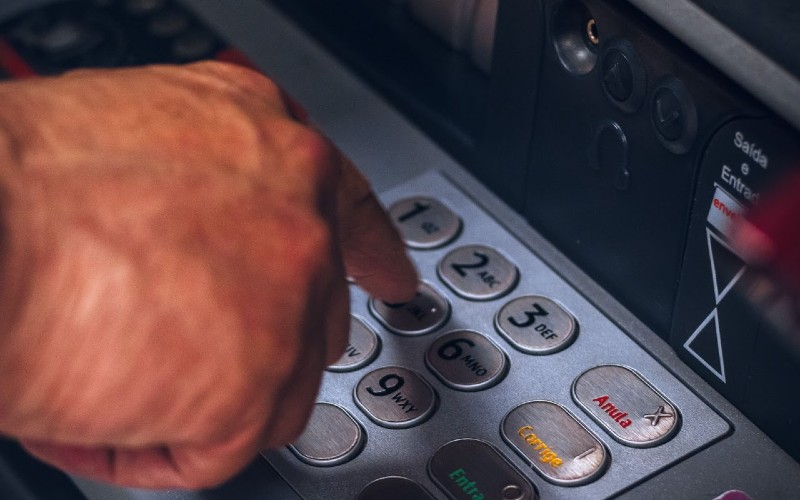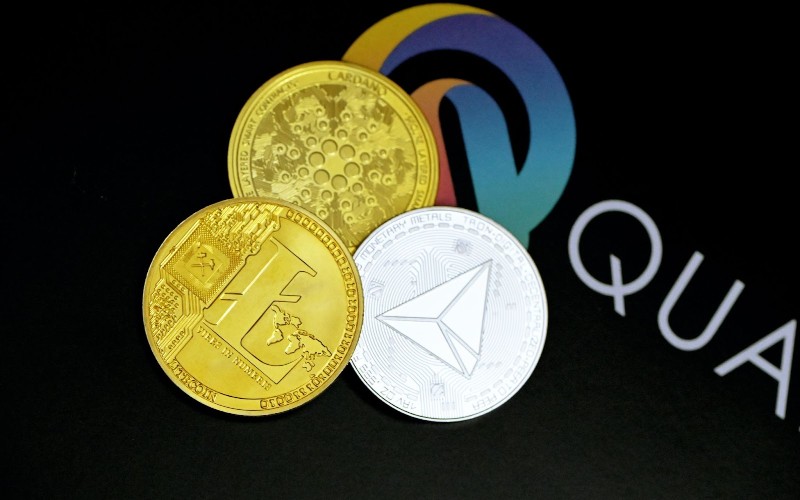As cryptocurrency is in its infancy, there are a lot of opinions on it. Its technological advancement and complexity also make it difficult understand.
The dramatic fluctuations in cryptocurrency value has created news, rumours and social media comments from around the world.
We should always remember that anything shared about cryptocurrency, especially on social media, is not always accurate or true. With cryptocurrency’s volatility, many of its technical aspects and value may change from time to time.
1. Cryptocurrency is a bubble that may burst soon.
Investors may view cryptocurrency as an explorative investment, but that does not necessarily mean it is a bubble in itself. Bubbles exist in many economic cycles. These burst when most investors realise their investment value is notably higher than the asset’s real value.
Cryptocurrency is often compared to the speculative ‘Tulip mania’ bubble in the early 17th Century in The Netherlands. In 1637, some varieties of tulips saw price hikes of up to 26-times. The bubble remained for at least six months – then burst and never came back again.
What is the reality?
With Bitcoin and cryptocurrencies having existed for 12 years, the market has gone through many price cycles. Fortunately, it has recovered each time, surpassing new highs.
Many experts and long-term investors in cryptocurrency say its fluctuation resembles the pattern of a usual early market industry.
They believe cryptocurrency will go up and down, usually on long durations but on smaller swings. It could go on for years and then eventually settle into relative stability in the future – but only time will tell.
2. Cryptocurrency is not secure.

Many investors have been tricked by scammers; this has resulted in some individuals thinking that the whole cryptocurrency network is not secure. Since the general idea for the internet is that anything can be hacked, and considering that cryptocurrency is digital currency, one can see why people would think it is not secure.
What is the reality?
Cryptocurrency runs on a blockchain system, which is difficult to hack in itself. The network uses open-source code and a peer-to-peer transaction system. Moreover, cryptocurrency transactions can never be changed once done.
Platforms like eToro, Coinbase and Bitcoin Loophole offer high-security protection for your cryptocurrency investment if you are worried about your investment being stolen.
3. Cryptocurrency does not have a real-world use.

Cryptocurrency is often criticised for not having a real-world use; most non-investors do not see cryptocurrency’s potential in our daily lives.
And if it’s not the idea to not have a real-world use – but rather to simply buy the token and store it – people may believe cryptocurrency is used primarily for illegal purposes.
What is the reality?
Cryptocurrency got its nickname as digital gold since it had been an inflation-resistant asset. That is why major companies like Microstrategy, Tesla and Twitter bought millions or even billions worth of cryptocurrency. Doing this helps to manage their finances and liquidity.
Just like gold, a cryptocurrency such as bitcoin also has a limited number circulating in the network. But as we know, gold bars are usually heavy and bulky, which means it is not that easy to transport, store and use as payment, unlike cryptocurrency, which you can send digitally to other people.
And according to statistics, only 2% of cryptocurrency transactions were used for illegal activities.
4. The major cryptocurrency, Bitcoin, will be replaced by Altcoins.

Since bitcoin was the first cryptocurrency to launch, it is the household name of all cryptocurrencies. As of now, it still holds the highest value for a single cryptocurrency and shares the biggest market capitalisation in the industry.
In the years after bitcoin was launched, many other types of cryptocurrency were developed and launched. As of now, there are tens of thousands of them circulating in the system.
What is the reality?
Although thousands of cryptocurrencies have been launched, bitcoin remains dominant and surpasses every other cryptocurrency in market capitalisation.
Bitcoin being the most popular crypto, it makes up 60% of the whole market. Competitors are seeking to gain on it; however experts believe that bitcoin won’t be replaced anytime soon.
Since bitcoin is decentralised, its market capitalisation depends on investors around the world.
In summary
Understanding cryptocurrency is a process; it might need a first-hand experience to see what it is all about. What you read on social media may be rumours and myths, so it is also essential for you to fact-check every detail before making an investment.

